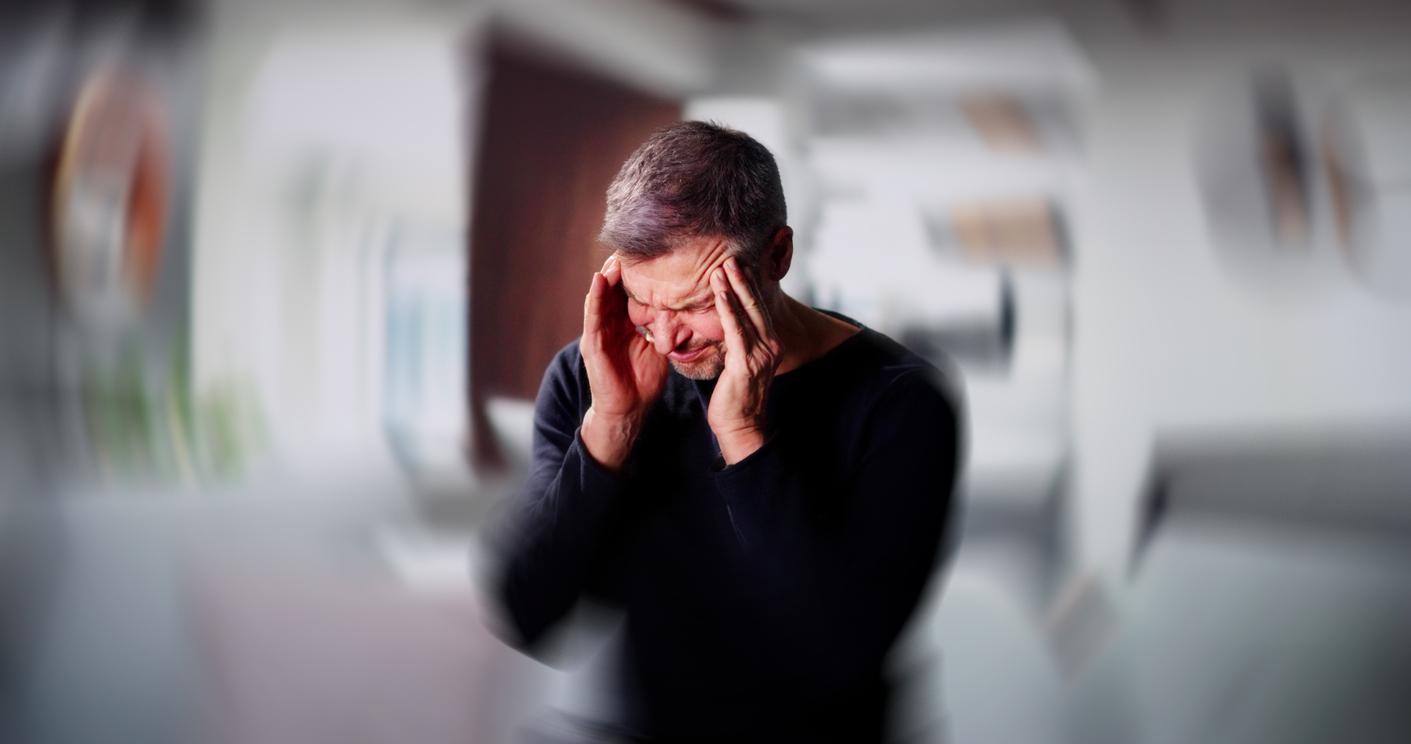
All the pros and cons
Hot flashes, night sweats and poor sleep. Many menopausal women suffer from it. Sometimes hormone replacement therapy seems to be the best solution. But how does that work and is it suitable for everyone?
Not everyone has a smooth transition. Because the body produces fewer female hormones, your periods change. You may have heavier and more frequent periods at first. Later on, it takes longer and longer for your period to return and eventually the menstrual period does not come.
During this period, you may experience significant symptoms. For example hot flashes; short, intense heat attacks that can make you very red in your face, neck and chest. At night you may start to sweat and the mucous membrane in the vagina becomes thinner and drier which can cause problems during sex. In some women, these complaints are so severe that they do not function well during the day and cannot sleep well at night. In that case, hormones can offer a solution.
Hormone therapy
This therapy has many similarities with the contraceptive pill. The hormone pills contain the female hormones estrogen and progesterone. The estrogen reduces the symptoms, the progesterone ensures that the endometrium does not grow. The pills are packaged in strips for 28 days. Without a gap week, you continue with the next strip. Sometimes they also come in the form of plasters.
The cure works best towards the end of the transition, between the so-called menopause and post-menopause. The hormone balance is then again somewhat stable and that ensures constant positive results. Reduce your hot flashes and sweats and can improve mood.
Risks
- Unfortunately, more and more is known about the risks and side effects of hormone tablets with estrogen and progesterone against menopausal symptoms.
- You may experience side effects such as breakthrough bleeding, fluid retention, breast tenderness, headache and nausea.
- The risk of breast cancer increases. The longer you take the drugs, the greater the risk. Every year, about 2 to 3 in 1000 women in their 50s get breast cancer. Hormone therapy increases the risk gradually (in five years) to about 5 in 1000 per year. When you stop, the risk gradually decreases again. If you have stopped for five years, your risk is the same as if you had not taken any medication.
- You are more at risk of a heart attack or stroke. Every year about 1 to 2 in 1000 women will have a heart attack or stroke. The use of menopausal drugs increases the risk in the first year to about 3 to 4 in 1000 women. In subsequent years, the risk is only slightly increased (2 to 3 in 1000 women per year). If you smoke, have high blood pressure or elevated cholesterol in your blood, the risk may be much higher.
- The risk of thrombosis increases. Thrombosis is caused by a blood clot in a blood vessel and can lead to a thrombosis or pulmonary embolism. Fortunately, the risk is small. Due to the use of hormone tablets, this increases from 1 in 10,000 women to about 3 in 10,000 women per year.
There is only one real advantage. After at least 5 years of hormone therapy, you have a lower risk of colon cancer, fractures and osteoporosis. But that is little consolation compared to the increased risk of breast cancer and cardiovascular disease.
Estrogen only
There are also drugs that only contain estrogen. This is only suitable for women who no longer have a uterus, because estrogen without progesterone increases the risk of endometrial cancer. The risk of breast cancer is slightly less increased with these drugs, but the risk of cardiovascular disease and thrombosis remains just as high as with drugs containing both hormones.
short term
In short: it is better to only use hormone therapy if you constantly suffer from hot flashes and sweating attacks. Then take them for a short period of time. Make an appointment with the doctor to see if it suits you well after a month. If you like it you can continue for a few months, but it is usually better to stop after six months. Unfortunately, this can cause the complaints to return.
Other resources
Other complaints such as fatigue, depression, muscle pain and painful joints often have a different cause, even if they occur during the menopause. There is often a different solution than hormone therapy. For example, medicines without hormones or natural remedies. For example, if you are only bothered by vaginal complaints, you can use other means. For example, suppositories or creams with estrogen that you can put in the vagina.
Sources):















